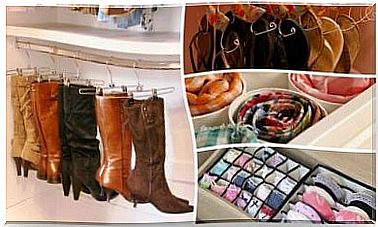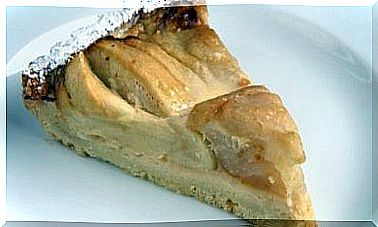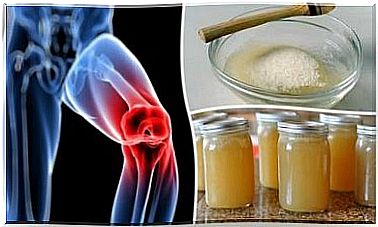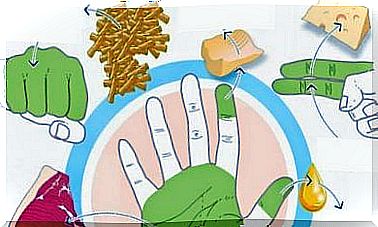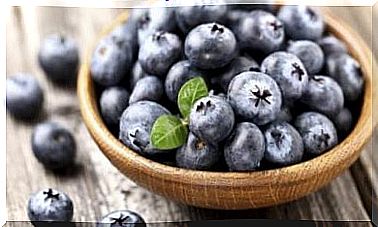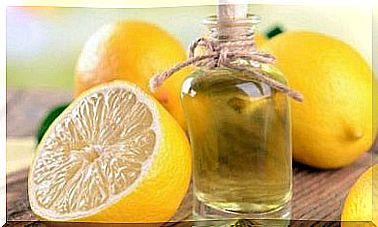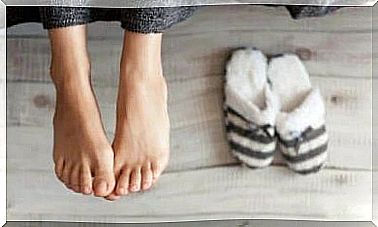Prohibited Foods In Water Retention
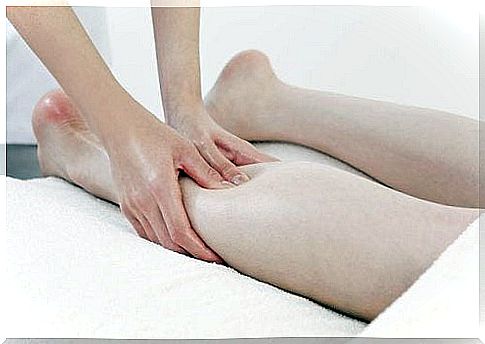
Water retention or edema is a common problem caused by various factors such as an unhealthy diet, sedentary lifestyle or insufficient water consumption. Find out which are the most important forbidden foods in water retention!
Many times, some people think that they have gained weight, but in reality their body no longer processes fluids as it should.
What is water retention?
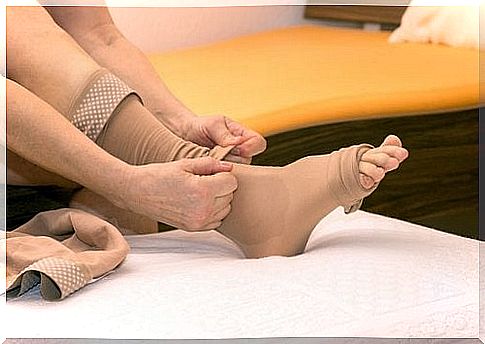
First of all, it is good to know that water retention involves an imbalance of forces that regulate the movement of fluids in different parts of the body. Thus, water accumulates in the tissues.
If you cannot remove the water, it accumulates in certain areas. The main factors that aggravate the problem are:
- A diet high in sodium
- Poor circulation due to sedentary lifestyle
- Hormonal imbalances
- Lack of exercise
If you have water retention, you can figure it out very easily. You will notice an increase in weight and swelling in different parts of the body (especially the legs and ankles).
To check if you have this problem or not, press your finger on the skin for a few seconds. If when you take your finger, there is a white spot that disappears only after a while, it means that you have edema.
To prevent or combat water retention, you need to adopt a low-sodium diet and increase your intake of drinks and diuretic foods (water, juice, vegetables, fruits, etc.). In addition, it is recommended to exercise at least twice a week.
Prohibited foods in water retention
If you have this problem, it is not enough to give up salt and do a little exercise. It is necessary to avoid the consumption of certain foods that increase the amount of water in the body. Here are some of them:
Alcoholic beverages
Even if you go to the bathroom after drinking alcohol, a large part of these fluids accumulate in the body (including sugar). Alcohol causes water retention in the abdomen and legs. A glass of wine a day does not cause problems, but if you drink cocktails, beer or strength several times a week, you may suffer.
Meats
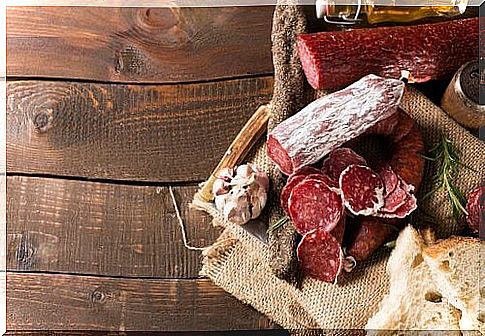
Sausages contain a large amount of sodium. In addition to being high in fat, these foods cause water retention. Their consumption leads to thickening of the arterial walls, increasing the risk of myocardial infarction.
We can also include salted cheese in the same category. It is often placed on a plate with sausages, sausages, smoked ham and bacon.
Snacks
Chips and other similar products contain a lot of salt and are forbidden foods in water retention. In addition, these are addictive snacks, so we are not content with just one serving. We end up eating the whole bag!
If you want to serve something between meals, we recommend you opt for sunflower seeds, nuts, fruits, vegetables or vegetable soups (chickpeas, eggplant, etc.).
Refined sugar
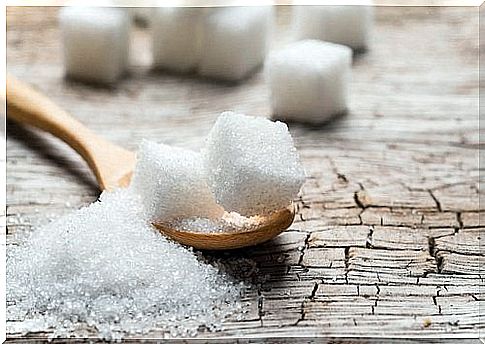
Many products available on store shelves contain large amounts of sugar or sweeteners. As with salt, when these substances enter the body, it can no longer eliminate fluids properly, causing swelling.
It is advisable to reduce your sugar intake or opt for natural sweeteners, such as stevia, honey, or cinnamon.
White flour
People who follow a diet based on pasta, pizza, biscuits or bread are more prone to water retention and fattening.
Refined flour contains carbohydrates that accumulate in the body and impede the proper functioning of the kidneys. By affecting kidney function, these compounds increase the amount of water in the body.
Reduce your consumption of white flour or replace it with wholemeal flour. The results will be observed as soon as possible.
Processed foods

Frozen or semi-prepared foods contain a lot of salt and are forbidden foods in water retention. In the food industry, a lot of sodium is used in food preservation. We do not realize what we are eating, but water retention occurs even without being aware of it.
Try to limit yourself to home-cooked food, cook more (even a few times a week is enough) and avoid processed foods. It can be difficult, because many “soul dishes” are included in this category. However, gradually you can manage to eat healthier.
Watch out for salt
Do not add much salt to food when cooking or serving. A good strategy is not to put salt on the table either. If it is not in front of you, it is easier to resist the temptation.
Another good idea is to season the dishes with aromatic herbs, lemon juice or olive oil. In this way, they will be even tastier and healthier, and the risk of suffering from water retention decreases.
What should I eat if I have water retention?
In addition to reducing consumption or completely giving up the foods mentioned above, it is good to increase the consumption of:
- Water (between 8 and 12 glasses a day)
- Natural sweeteners (stevia, agave)
- Fruits (watermelon, grapefruit)
- Herbal teas (chamomile, green tea, mint)
Try to eliminate these foods that are forbidden in water retention from your diet!
